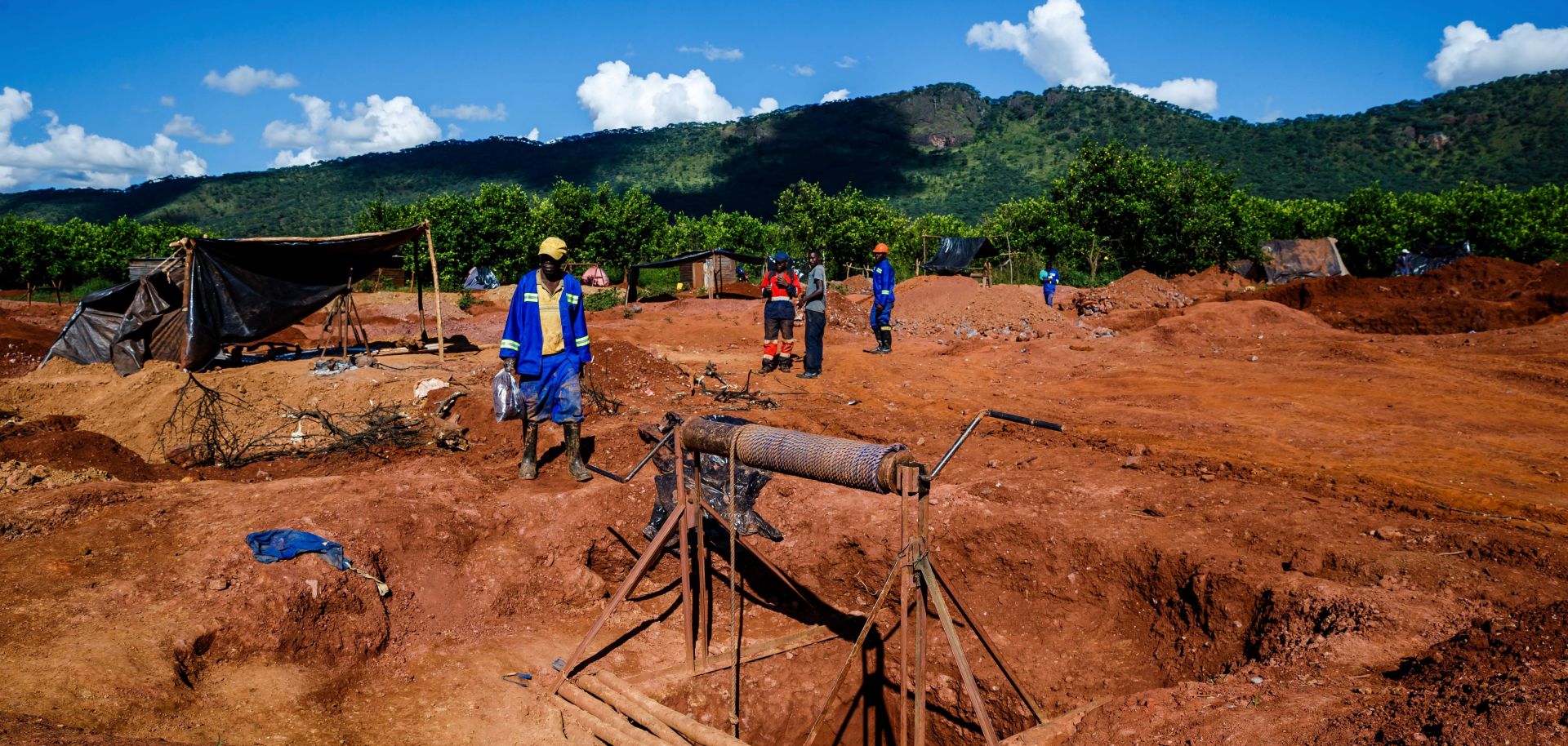
Eben Mabunda AS Zimbabwe celebrates 42 years of independence from British imperialism, the state of the economic independence becomes a relevant subject of discussion in lieu of the fact thatZimbabweans remain under the vice of harsh economic challenges with no indications of relief — at least in the near future.
Also relevant to the matrix is the country’s perceived economic reforms by potential foreign investors. Under the ‘second republic,’ the Zimbabwean government has often been upbeat of progress where ‘macroeconomic and institutional reforms’ are concerned. However, the foreign investor sentiment by several measurements remains dampened, an indication that perhaps not enough is being done under ‘the new dispensation’ to warrant the mantra ‘Zimbabwe is open for business’.
While facts are said to be stubborn, statistics will always tell a sober story, serving as pointers of a nation’s economic trajectory.
The latest ‘Fraser Institute Annual Survey of Mining Companies 2021’ report shows that Zimbabwe is the least attractive mining investment destination globally, out of the 84 nations and territories that were assessed in 2021. This is concerning considering Zimbabwe’s mining fraternity is responsible for approximately 65% of Zimbabwe’s mining exports annually, and boasts of over 40 commercially exploitable minerals.
As a caveat, Zimbabwe has over 800 operational mines spread across the country, employing over 80 000 formal workers and over half a million artisanal and small-scale miners. The report is an attempt to assess how mineral endowments and public policy factors, such as, taxation and regulatory uncertainty affect exploration investment in mining jurisdictions globally. The survey has two indices: The Investment Attractiveness Index and the Policy Perceptions Index. In both categories, Zimbabwe was rated the least globally and the worst on the continent, respectively.
The overall Investment Attractiveness Index is constructed by combining the Best Practices Mineral Potential index, which rates regions based on their geologic attractiveness, and the Policy Perception Index, a composite index that measures the effects of government policy on attitudes toward exploration investment.
According to the report:“When considering both policy and mineral potential in the Investment Attractiveness Index, Zimbabwe ranks as the least attractive jurisdiction in the world for investment followed by Spain, the Democratic Republic of Congo (DRC), and Mali.”
As per the Policy Perceptions Index, which inculcates overall policy attractiveness in the 84 jurisdictions in the survey, Zimbabwe came last in Africa and eighth worst globally. The report expounded on the poor ratings for Zimbabwe:
- Chamisa under fire over US$120K donation
- Mavhunga puts DeMbare into Chibuku quarterfinals
- Pension funds bet on Cabora Bassa oilfields
- Councils defy govt fire tender directive
Keep Reading
“Zimbabwe the lowest-ranked African jurisdiction based on policy (79th/84) and the least attractive jurisdiction for mining investment globally, experienced an almost 11-point decline in its policy score,” reads part of the report.
“All respondents claimed that the uncertainty regarding the administration, interpretation, or enforcement of existing regulations, the country’s legal system, its taxation regime, its infrastructure, trade barriers, its political stability, and security were major areas of concern that discouraged investment in the country.”
Foreign Direct Investment (FDI) inflows to Zimbabwe doubled to US$745 million in 2018 from just US$345 million in 2017 before plummeting 62% to a paltry US$280 million in 2019. According to the UNCTAD’s 2021 World Investment Report, FDI inflows declined significantly to US$194 million in 2020.
In the 2021 Corruption Perception Index (CPI) by Transparency International Zimbabwe, the country dropped a place globally in 2021 and scored 23 out of 100 points in the index. This saw the nation ranked 157 out of 180 countries — a drop from 156 in the 2020 index. Notably, Zimbabwe’s ranking was below Nigeria, a country in which corruption has been regarded as endemic for decades. The writing on the wall is clear: political stability is a must, policy consistency is mandatory, institutional reforms urgent, international reengagement pivotal, the curbing of corruption is imperative toward making Zimbabwe an attractive investment destination
- Mabunda is an analyst and TV anchor at Equity Axis, a leading financial research firm in Zimbabwe. — [email protected]










